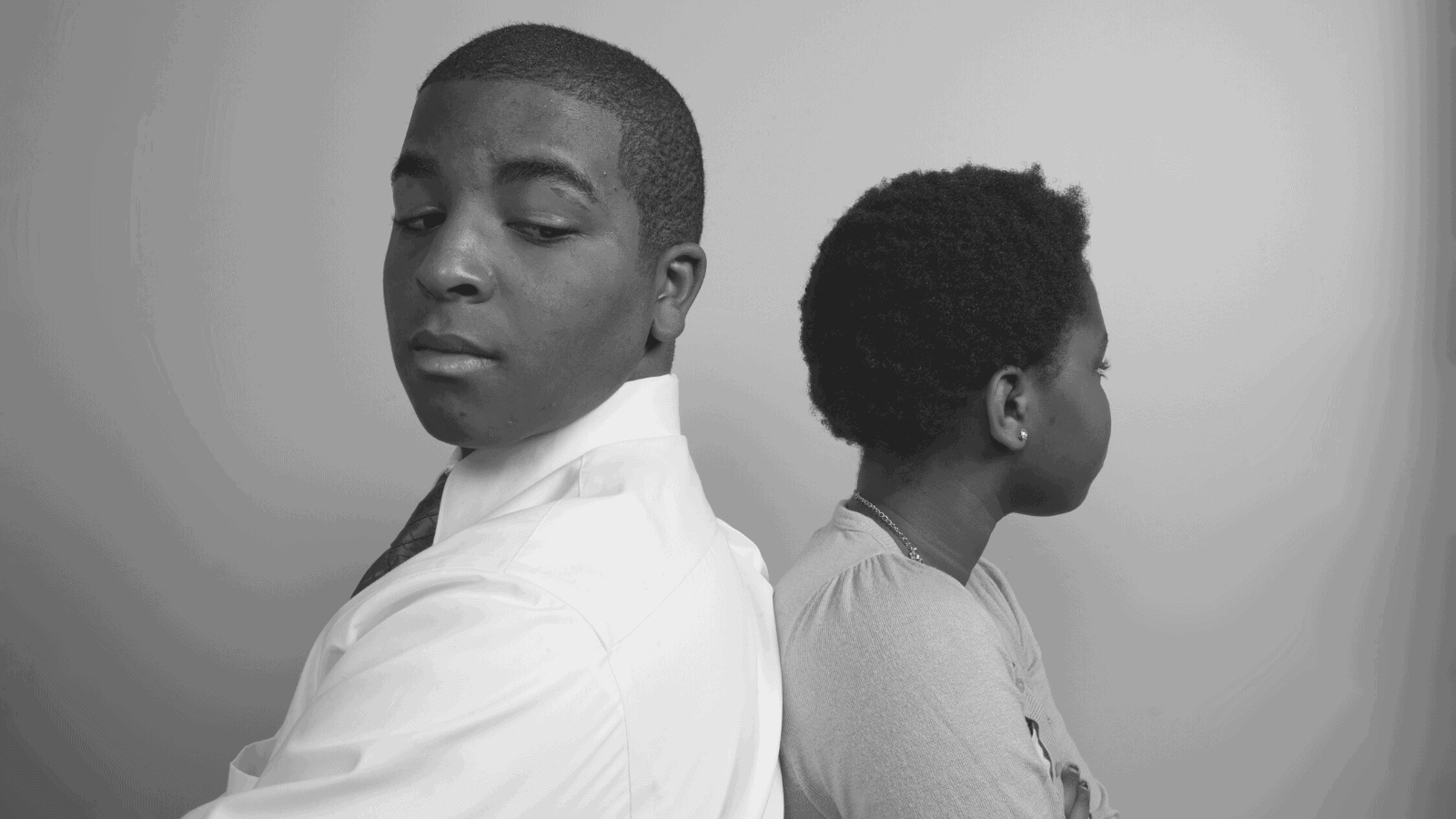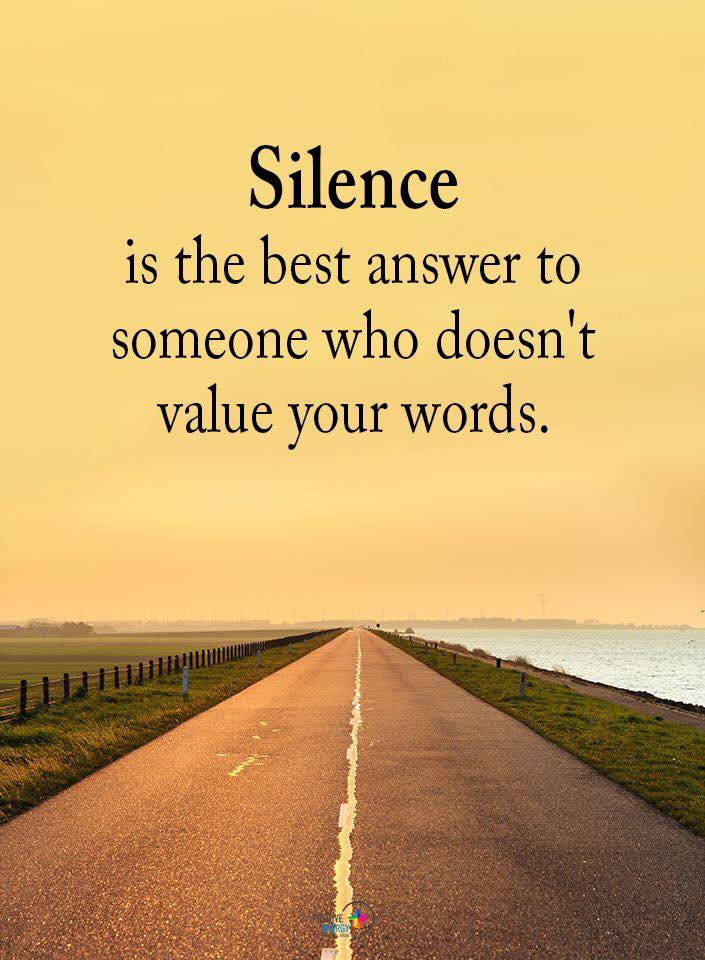We live in a growing pluralistic society of people with various social, religious, and cultural backgrounds. They bring their different values, practices, and beliefs to work, school, and neighborhoods. Disagreements are inevitable, yet, It’s possible to respect another person’s beliefs even if you disagree with them. It’s okay to disagree.
What does agree to disagree mean?
The Merriam-Webster dictionary says that to agree to disagree means “to agree not to argue about a difference of opinion.” It means that you may have a different opinion than the other person, but you accept that they probably aren’t going to change their mind, and you probably won’t change your mind. You agree not to argue about it and move on. You don’t need to give up your opinion, and the other person has a right to maintain their different opinion.
Is tolerance bad or good?
You may have heard that tolerating those different from you is necessary. This is true on one level, but tolerance can have some negative aspects.
Tolerance is, in one sense, the ability to endure something you find objectionable. In a society with people practicing different cultural, and religious beliefs that differ in practices and convictions, tolerance can reduce conflict between these diverse groups. Plus, tolerance can be a barrier to protecting citizens’ freedoms and rights so they can live with their own beliefs.
But tolerance isn’t a positive thing for everyone, and some studies suggest that merely tolerance toward someone isn’t necessarily good. Those who disagree say tolerance is a social vehicle contributing to domination and inequality in society. It’s patronizing and a poor substitute for real appreciation and respect.
Are disagreements healthy?
A society with no disagreements is a weak society. It lacks true freedom of thought and ideas. The give and take of ideas indicate intellectual curiosity. When someone respectfully disagrees with you, it forces you to try to understand their perspective. Some of the best friendships are forged in disagreement between two people who respect one another enough to disagree. They aren’t threatened by disagreement and can have deep conversations about what they believe without fear of rejection.
How do you respectfully agree to disagree?
1 – People matter
Remember, people are more important than being right, so give the other person the benefit of the doubt. Please view them and yourself accurately. Remember that no human is 100% correct. Your views may be skewed, and the other person’s view may be skewed, making the playing field very level. Show them respect and kindness, even if you disagree with them.
2 – Words matter
According to the American Psychological Association, “words matter.” Word your arguments in a non-intimidating way. Ask questions. Don’t dominate the conversation. Repeat back what you think you heard, saying something like:
“I think I heard you say________. Could you explain to me a bit more what you mean?”
Choose inclusive words like “we” or “I” instead of “you.” This can come across like you’re lecturing the person. Most importantly, be kind and humble, and let your words display these qualities.
3 – Find common ground
There is always some level of common ground you both can agree upon in most disagreements, be it big or small. Highlight what you agree on to ensure the other person doesn’t feel like you are against them. Laying a foundation of what you agree on will allow you to discuss where you disagree without fear of hurting the relationship. Be sure to suggest that you talk about this issue again because this keeps the dialogue going and could help you resolve the disagreement.
4 – Don’t apologize for your beliefs
Don’t apologize for having a different opinion than other people. That’s the beauty of freedom and disagreeing. Don’t feel guilty if you disagree. This may be hard, especially if you admire the person and feel like you should agree with them. Don’t say, “I’m sorry, I disagree with you,” because it’s okay to have a different opinion.
5 – Be a good listener
Be sure to listen with your eyes, ears, and mouth when the other person is talking. It’s easy to think about what you want to say next when you disagree and miss what the person is saying. Listening well shows them that you respect and want to learn from them. Ask good questions, especially if you don’t understand their point. Questions you could ask include:
- What do you feel you want me to understand about this thing we disagree on?
- How does your belief affect the way you live? Why?
- Can you explain to me your conviction, about_______more?
- What would you like me to know most about your feelings about_______?
- What do you think we could agree on?
- What do you think we especially disagree with?
- How could I be a better listener right now?
At the end of the disagreement, ask them if anything they did or said made them feel disrespected. If you make an effort to be a good listener and a good learner, People will feel safe with you and that you truly value their opinions and beliefs even if though they know you disagree with them.
When is it not okay to agree to disagree?
Sometimes you need to decide that you can’t agree to disagree for various reasons. You never want to go along with something that goes against your conscience or is asking you to do something illegal or immoral. Here are just a few reasons why it’s not okay to disagree.
1 – To shut down all conversations
There is nothing worse than being in the middle of a disagreement, and one individual stands up and says, “Okay, I agree to disagree!” This is a manipulative thing to do and shut down the conversation. Agreeing to disagree must be mutual with both parties. If this happens, you shouldn’t allow the person to manipulate you into another conversation where they may do this again. Good chance they don’t care to understand what you believe, and instead of humbly saying so, they walk away.
2 – To avoid conflict
A study published by the Journal of Psychosomatic Research, via the National Institute of Health suggests that suppression of emotions might lead to physical consequences.
It’s easy to want to keep the peace and never get into a disagreement with anyone, but this isn’t always helpful. Avoiding confrontation can lead to not having a deep relationship. If you agree to disagree with avoiding conflict all the time but never get to real issues you both have, it’s sticking your head in the sand and hoping the disagreement will get worked out without any effort on your part.
It’s best to sit down with the individual and discuss the issues. Try to resolve what you can and what you can’t. You’ll need to leave for a later date if they’re willing.
3 – It’s not an excuse for abuse
If the person wants you to agree to disagree on a moral issue, something illegal, or an issue of abuse, you must refuse to go along with them. Respecting their views doesn’t mean you accept their bad behavior. It may be good to distance yourself from this person if this is being asked of you. If you think someone is in danger because of this person’s actions, you need to report it to the police.
Final thoughts on knowing that it is okay to agree to disagree
Disagreeing with someone may feel intimidating at first. But if you are secure in your beliefs and convictions, it gets easier. Be sure you are comfortable discussing things with people in a respectful way. Learn to be a good listener and ask good questions. Disagreements can be healthy for relationships because it teaches us what other people believe and think. We can grow and learn in these conversations.
Use respectful words and ask questions when you are in a discussion with someone. Look for common ground and remember that you may not see everything as clearly as you think. Give the other person the benefit of the doubt. We all have our shortcomings and bad days, so be kind and gentle even though you feel strongly about your convictions. Never say you’re sorry for what you believe.
If someone attacks you or walks out on the conversation, it may be time to find a new friend or partner. Disagreements reveal the true character of a person. Be open to agreeing to disagree on some issues, but be sure to keep the dialogue going because you may change your mind later.
















 Community
Community

